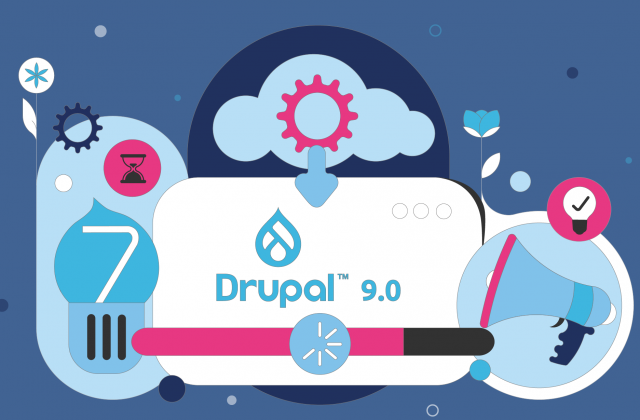There’s been a few really top bits of reporting from Techcrunch over the past day or so concerning the developing spat between Mahalo CEO, Jason Calcanis, and Facebook. In short, Calcanis has been extremely public in recent weeks with his dissatisfaction over Facebook’s account termination policies and procedures, claiming that his data continued to be online even after his account deletion.
Facebook responded with some excuse about third-party sites keeping this data online, and re-iterated that they themselves had actually deleted the data. Anyway, with both parties basically calling eachother liars, Techcrunch thought they’d do some actual research rather than merely report the mud-slinging match – and hence tested Mahalo’s policy on account termination.
Surprise, surprise – it’s actually harder to quit Mahalo than Facebook, and nigh on impossible to get your data out (which is one of Calcanis’s main criticisms of Facebook). All in all, once we set aside the fascinating gossip-fest of watching silicon valley tech celebs tweeting grumpily about eachother, a rather more serious question emerges over the general state of play with regard to data control on social networks.
The unmistakeable trend that users are experiencing is that while it’s extremely quick and easy to create expansive profiles and upload hordes of details and info about yourself, it’s much, much harder to get it out again afterwards. It seems that this is increasingly emerging as a key issue that requires very delicate balancing if a network is to attract/retain users and also ensure some sort of profitable revenue model. (The recent funding success of wannabe Facebook rival, Diaspora, is further testament to this – see a previous post on this blog for more).
This is without doubt a major topic for social networks over coming months and, for mature networks like Facebook, represents the last major hurdle before reaching serious profitability. As the discussions and debates continue on the topic, it seems likely also that, for the first time since social networking arrived online, the most important factor for users choosing a network will not only be the choice of network used by their peers/friends etc. Instead, one expects that users will ‘shop around’ a little more, now that network choice has proliferated – and one essential aspect in their decisions will be the nature of the accompanying privacy policy of the network.
Dejan Levi



